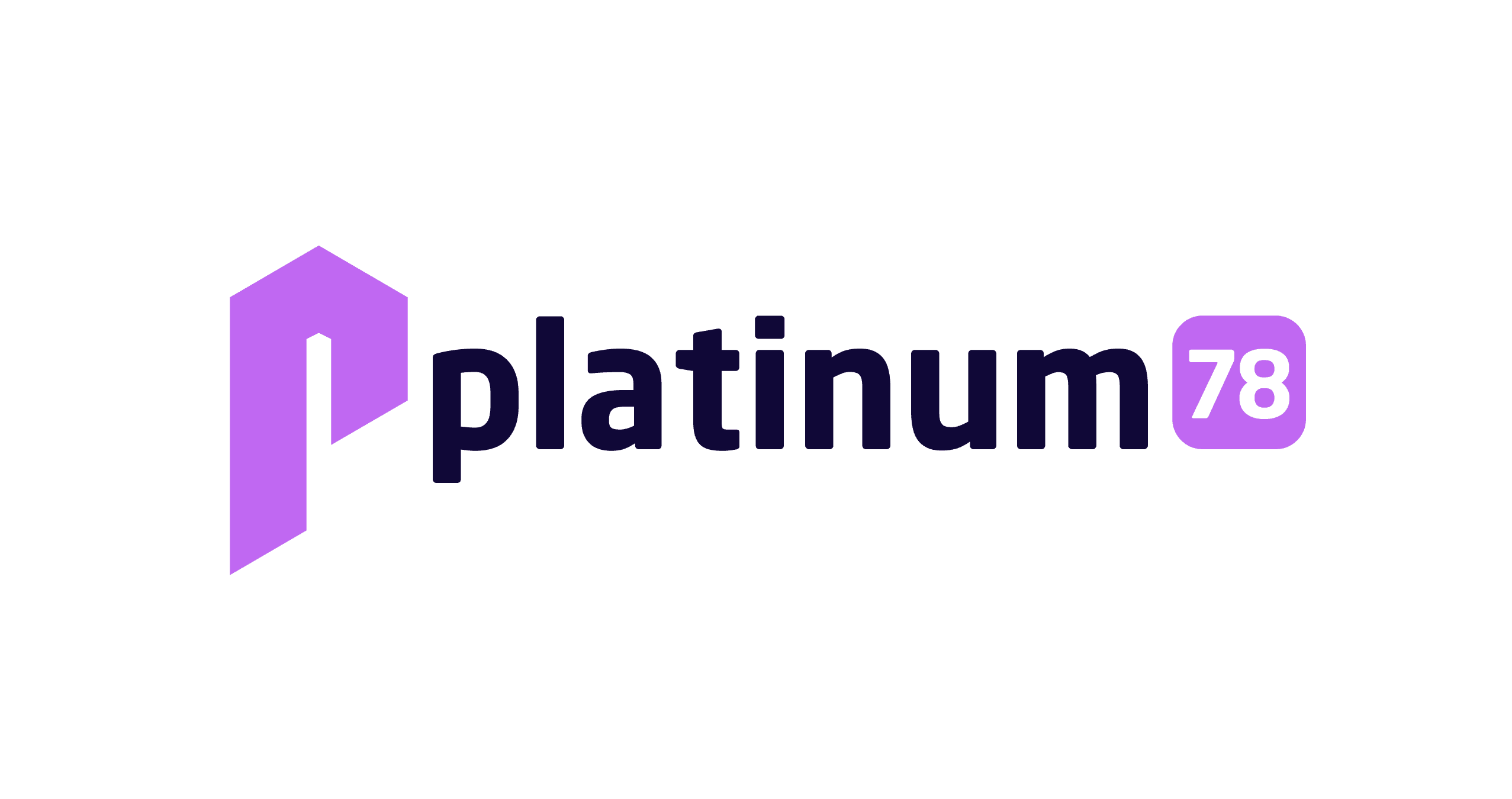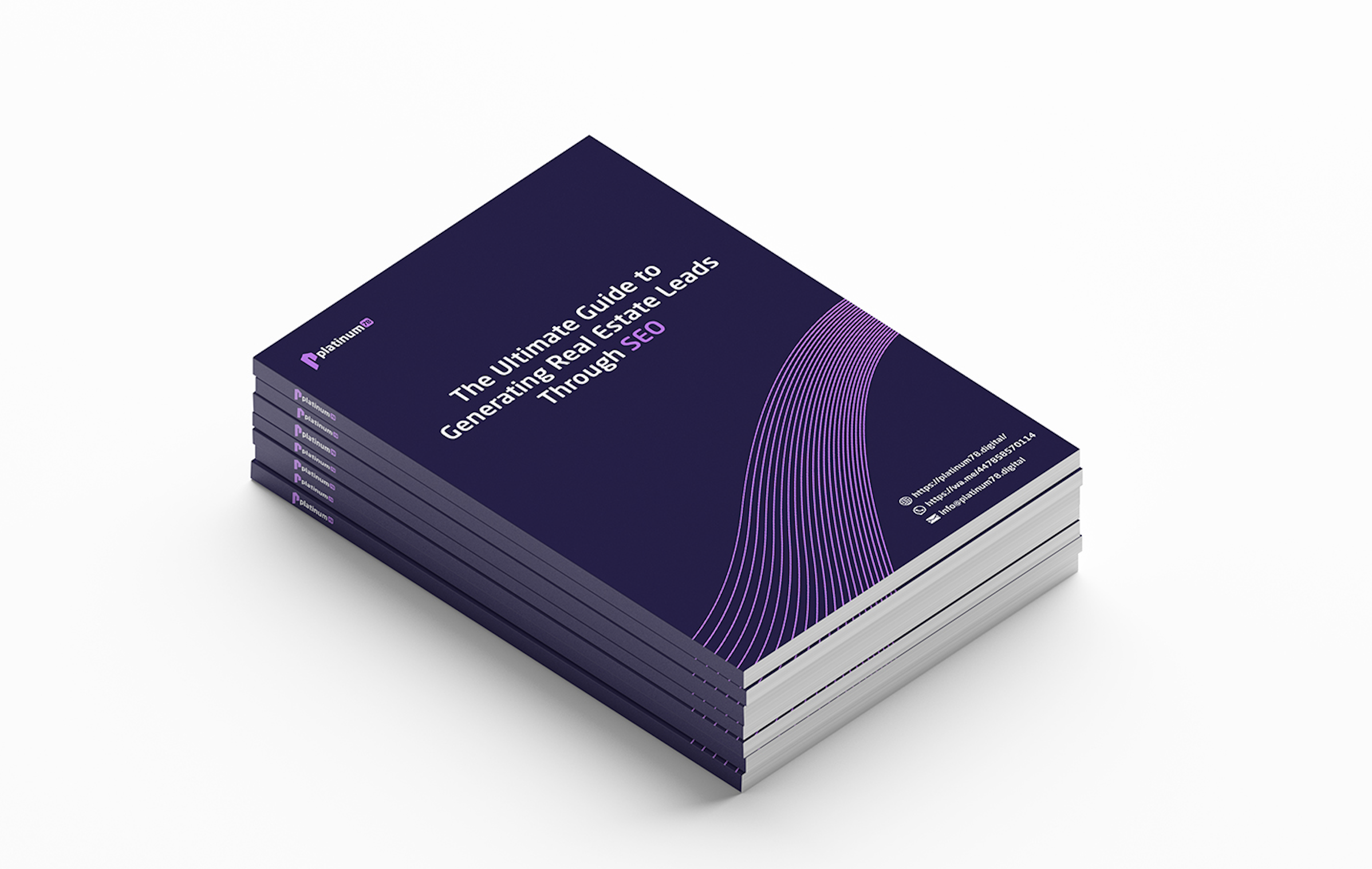If there’s one thing we’ve learned working with real estate agencies, everyone loves direct leads. However, many agents and brokers unknowingly make SEO mistakes that hinder their website’s performance, costing them valuable traffic and potential leads. A growing dissatisfaction with major property portals has pushed many agents to seek more control over their businesses through direct lead generation.
Here are the 15 most common real estate SEO mistakes and actionable ways to fix them:
1. Ignoring Local SEO
Over 97% of home buyers use the internet to search for properties (Source: The Close), and many begin with local searches. Not optimising for local SEO means missing out on highly targeted traffic.
Fix: Use location-specific keywords like “homes for sale in [City]” and claim your Google Business Profile. Build local citations on directories such as Zillow, Realtor.com, and Yelp to boost credibility.
2. Not Optimising for Mobile
Mobile devices account for 57% of all online traffic in the U.S. (Source: Taylor Scher SEO). If your site isn’t mobile-friendly, you risk losing more than half of your potential leads.
Fix: Ensure your site has a responsive design, fast load times and easy navigation on mobile.
3. Slow Website Speed
Google prioritises fast-loading websites. A delay of just one second can reduce conversions by 7% (Source: Google).
Fix: Use Google PageSpeed Insights to identify performance issues, compress images, enable browser caching and opt for a quality hosting provider.
4. Relying Too Much on Property Portals
A 2023 survey showed that 27% of agents rated major property portals (e.g., Rightmove, Zoopla) with the lowest satisfaction score due to high costs and low-quality leads (Source: Property News).
Fix: Shift focus to direct lead generation by investing in your own website’s SEO, blog content and email marketing.
5. Duplicate or Thin Content
Property listings often use boilerplate descriptions, which can lead to duplicate content penalties from Google.
Fix: Write unique, engaging descriptions for each listing. Highlight key features, nearby attractions and market trends.
6. Weak On-Page SEO
Title tags, meta descriptions and headers are crucial for ranking higher and securing clicks in search results.
Fix:
✅ Use keyword-rich title tags (e.g., “Luxury Homes for Sale in Miami – Top Listings”, 56-60 characters)
✅ Write engaging meta descriptions (156-160 characters, including primary keywords)
✅ Structure content with H1, H2, and H3 headings for readability
7. Not Using Schema Markup
Schema markup improves how search engines understand and display your listings, boosting click-through rates.
Fix: Use Real Estate Schema Markup to highlight key details (price, location, availability) in search results.
8. Overlooking High-Quality Backlinks
Backlinks are one of Google’s top ranking factors. Without them, your website lacks authority.
Fix:
- Guest post on local real estate blogs
- Get featured in local news or housing market reports
- Partner with mortgage brokers for link exchanges
9. Not Tracking SEO Performance
Without analytics, you won’t know what’s working.
Fix: Use Google Analytics and Google Search Console to track traffic, keyword rankings, and user behaviour. Sign up for a free trial of the Platinum78 Growth Hub for tracking in one dashboard across various sources of data.
10. Keyword Stuffing
Stuffing keywords into content unnaturally can result in penalties.
Fix: Write naturally engaging content that includes keywords in a meaningful way.
11. Ignoring Voice Search
In 2024, 58% of consumers used voice search to find local business information (Source: Oberlo). Real estate searches are no exception.
Fix: Optimise content for conversational, long-tail keywords like:
❌ “Miami homes sale” → ✅ “What are the best neighbourhoods to buy a home in Miami?”
12. Neglecting Social Media & Engagement
Social signals don’t directly affect rankings, but listings with social shares receive 22% more views (Source: Hootsuite).
Fix:
- Add social sharing buttons to your listings and blog posts
- Post market updates & video tours on Facebook, Instagram and LinkedIn
13. No SSL Certificate (HTTPS)
Google marks non-HTTPS websites as “Not Secure”, deterring visitors.
Fix: Upgrade to HTTPS by installing an SSL certificate from your hosting provider.
14. Failing to Update Content Regularly
Fresh content signals search engines that your site is active and relevant.
Fix:
- Update old listings with market trends
- Write blog posts (e.g., “Best Neighbourhoods to Invest in 2024”)
- Create FAQ pages for buyers and sellers
15. Underestimating Video SEO
Listings with video receive 49% more leads, yet only 9% of agents create listing videos (Source: Digital Agency Network).
Fix:
- Optimise YouTube videos with keywords and descriptions
- Add video walkthroughs to property pages
Summary
With growing dissatisfaction toward property portals and increasing competition in real estate SEO, owning your online presence is more important than ever. By fixing these common SEO mistakes, you can drive more organic traffic, generate direct leads and reduce reliance on third-party platforms.
Need help optimising your real estate website? Get in touch to learn more about SEO for real estate businesses.




